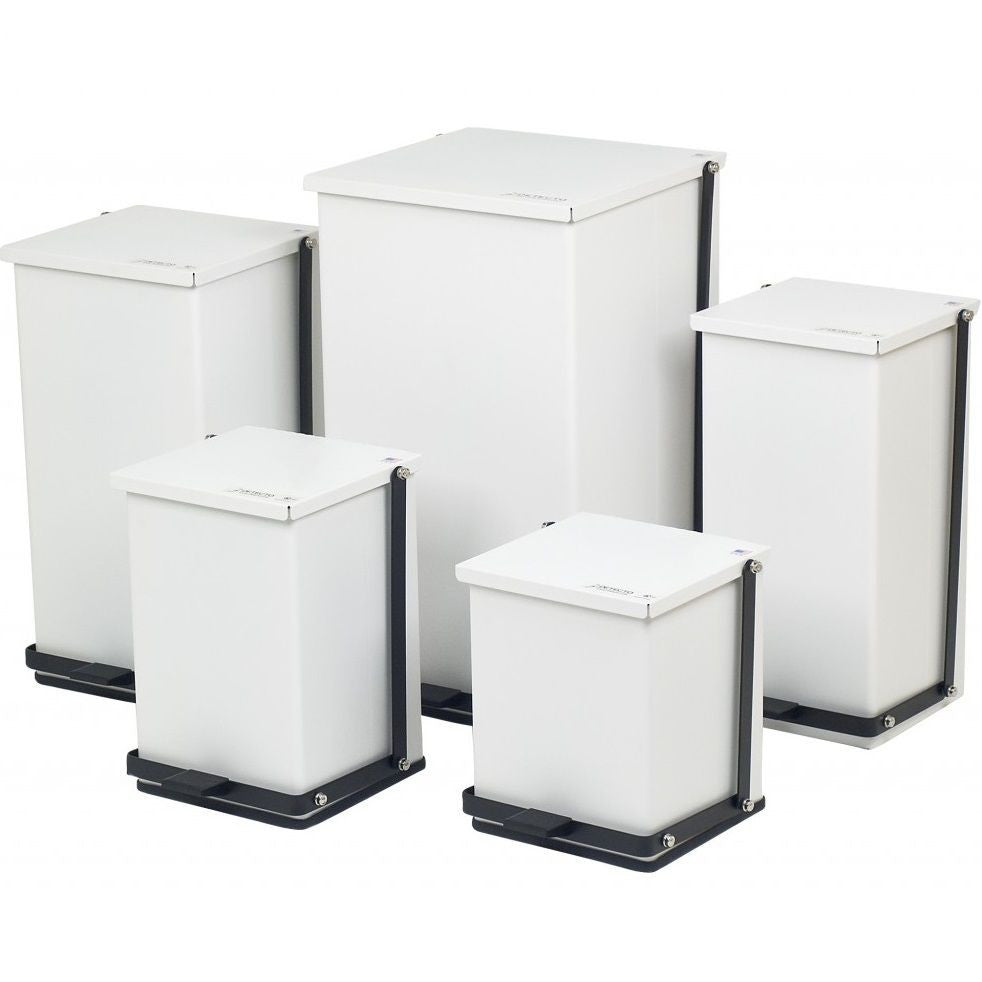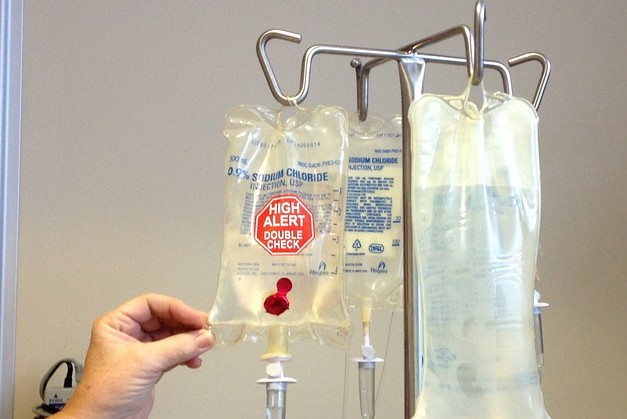Medical Waste Removal Mastery: Where Service Quality Satisfies Health Standards
Medical Waste Removal Mastery: Where Service Quality Satisfies Health Standards
Blog Article
Stay Ahead of Rules: Expert Suggestions on Medical Garbage Disposal
In a globe where the health care sector is continuously evolving, it is imperative for medical facilities to stay ahead of regulations when it comes to the proper disposal of clinical waste. With rigid guidelines and constant regulatory changes, it can be testing to browse the intricacies of this process. With expert advice, facilities can guarantee compliance and reduce risks connected with inappropriate waste disposal. From comprehending the various categories of clinical waste to implementing the ideal collection and partition methods, this discussion will give actionable suggestions and valuable insights to assist centers remain ahead of policies in the ever-changing landscape of clinical waste disposal.
Understanding Clinical Waste Categories
Understanding clinical waste groups is vital for proper disposal and monitoring in healthcare facilities. Clinical waste refers to any type of waste produced by health care tasks that might pose a hazard to public health and wellness or the atmosphere. It is crucial to categorize clinical waste properly to ensure its secure handling, treatment, transport, and disposal.
There are numerous groups of clinical waste that healthcare facilities require to be acquainted with. One of the most usual classifications include infectious waste, pathological waste, sharps waste, pharmaceutical waste, and chemical waste. Each category has details standards and policies for its proper monitoring and disposal.
Transmittable waste includes products infected with blood or other bodily fluids, such as gloves, gowns, and research laboratory cultures. Pathological waste refers to human cells, organs, or body parts that require special handling and disposal. Sharps waste consists of made use of needles, syringes, and other sharp things that can trigger injury and transfer infections. Pharmaceutical waste comprises expired, unused, or polluted drugs that need careful handling and disposal. Finally, chemical waste consists of solvents, disinfectants, and various other chemical compounds made use of in healthcare facilities.
Staying Up-To-Date With Regulatory Adjustments
Remaining existing with regulatory modifications is critical for medical care facilities to make sure compliance and proper administration of clinical garbage disposal. medical waste removal service. With regulations frequently evolving, it is crucial for medical care centers to stay current to prevent charges, penalties, and possible harm to the atmosphere and public health and wellness
To remain in advance of regulatory adjustments, health care facilities should develop a system for tracking and monitoring updates. This can be done by signing up for governing newsletters, participating in workshops and seminars, and actively taking part in market organizations. Additionally, centers must assign a team member or team in charge of remaining informed and sharing information to relevant stakeholders.
Regular interaction with governing agencies is likewise essential. Medical care centers need to develop partnerships with regional, state, and government companies to guarantee they know any type of adjustments in guidelines that may affect their waste administration techniques. This can be done with normal meetings, engagement in public remark durations, and aggressive involvement with regulative agencies.
In addition, health care centers must consider partnering with waste administration companies that focus on clinical waste disposal (medical waste disposal services with WasteX). These companies are commonly skilled in the newest regulations and can give assistance and assistance to make sure compliance
Applying Correct Collection and Partition Methods
To effectively take care of clinical waste disposal, health care facilities must develop proper collection and segregation techniques based on governing guidelines. Applying these techniques guarantees the safe handling and disposal of potentially unsafe materials, protects the environment, and reduces the threat of injuries and infections to health care workers and the general public.
Appropriate collection and segregation methods include using marked containers and identifying systems. Healthcare centers need to give plainly classified containers for different kinds of medical waste, such as sharps, infectious waste, pharmaceutical waste, and non-hazardous waste. These containers should be color-coded and clearly significant to avoid complication and promote very easy recognition.
Furthermore, health care centers need to train their staff on the proper treatments for accumulating and setting apart medical waste. This includes informing them on the various kinds of waste, the ideal containers to make use of, and the importance of adhering to laws and standards. Regular training sessions and refresher training courses should be performed to guarantee that team member remain up-to-date on ideal methods.
Furthermore, health care facilities ought to establish a system for routine collection and disposal of medical waste. This might involve partnering with licensed waste management firms that focus on clinical garbage disposal. These firms will make sure that the collected waste is delivered and disposed of in compliance with regulative requirements.
Choosing the Right Disposal Techniques

Incineration is one of the most typical and efficient methods for taking care of particular kinds of medical waste, such as pathological waste and sharps. It entails the controlled combustion of waste at heats, decreasing it to ash. Nonetheless, incineration can release harmful contaminants into the air and contribute to air pollution.

Chemical treatment includes the usage of chemicals to neutralize the waste and disinfect. Microwave therapy uses microwave energy to warm and decontaminate the waste.
Making Certain Compliance Via Documents and Training
After meticulously considering the ideal disposal methods for medical waste, healthcare facilities should ensure conformity with guidelines and reduce environmental effect by applying effective documents and training treatments. This action is essential in maintaining a lasting and risk-free environment for both medical care employees and the public.

Training is equally essential in making certain compliance with guidelines. Medical care employees who manage clinical waste should receive ideal training on waste segregation, managing, and disposal treatments. This training should cover topics you can find out more such as the appropriate use individual protective equipment, identification of various sorts of waste, and the correct disposal methods for every waste why not try these out classification. By giving extensive training, health care centers can encourage their team to make enlightened choices and minimize the danger of incorrect garbage disposal.
Conclusion
Finally, staying in advance of laws in clinical waste disposal is vital for health care facilities. medical waste removal service. Comprehending the different groups of clinical waste, remaining updated with regulatory changes, implementing correct collection and partition methods, choosing the ideal disposal techniques, and making sure compliance through documents and training are all vital steps. By following these standards, health care organizations can properly get rid of and handle of medical waste in a responsible and secure way
From understanding the various classifications of medical waste to applying the ideal collection and segregation methods, this conversation will provide useful insights and workable suggestions to aid centers remain ahead of policies in the ever-changing landscape of medical waste disposal. - medical waste disposal services with WasteX
The most usual classifications consist of contagious waste, pathological waste, sharps waste, pharmaceutical waste, and chemical waste. Healthcare facilities ought to supply plainly classified containers for various kinds of medical waste, such as sharps, infectious waste, pharmaceutical waste, and non-hazardous waste. Healthcare centers need to establish a thorough system to videotape and track all aspects of medical waste disposal, including types of waste generated, quantities, and disposal methods used. Healthcare workers that take care of clinical waste needs to obtain ideal training on waste partition, taking care of, and disposal treatments.
Report this page